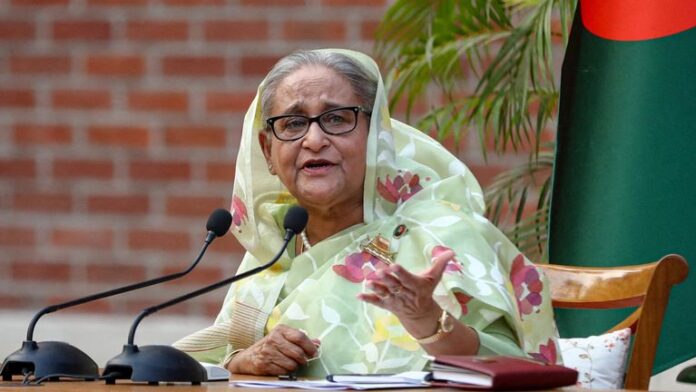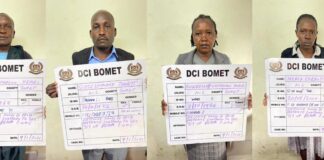Bangladesh has been thrust into a fresh period of political turmoil after a special tribunal sentenced former Prime Minister Sheikh Hasina to death on charges of crimes against humanity linked to last year’s deadly student uprising.
The International Crimes Tribunal in Dhaka issued the ruling in absentia after Hasina fled to India following the collapse of her long rule in August 2024.
The tribunal also handed a death sentence to former Home Minister Asaduzzaman Khan, who also escaped to India. A former police chief who turned state witness was sentenced to five years in prison. The charges stem from the government’s brutal response to mass protests in July and August 2024, during which officials from the current administration say more than eight hundred people were killed and fourteen thousand injured. A United Nations report suggested the death toll may have reached fourteen hundred.
Hasina rejected the judgment as politically driven, saying her actions were attempts to contain unrest and reduce casualties. She accused the interim government of waging a vendetta and manipulating the tribunal to sideline her Awami League party ahead of elections set for February.
The verdict drew cheers in the courtroom before judges ordered silence. Outside, families of those killed during the uprising gathered under heavy security, with paramilitary forces and police securing key parts of Dhaka. India has not responded to extradition requests, making Hasina’s return unlikely.
Her party announced a nationwide shutdown in protest, while scattered arson attacks and crude bomb explosions heightened tensions. The interim government, led by Nobel laureate Muhammad Yunus, has banned Awami League activities and vowed to dismantle Hasina’s political influence.
Hasina can only appeal if she returns to Bangladesh or is arrested within thirty days. Political stability remains fragile, with the country deeply divided over her legacy and the legitimacy of the tribunal.



















